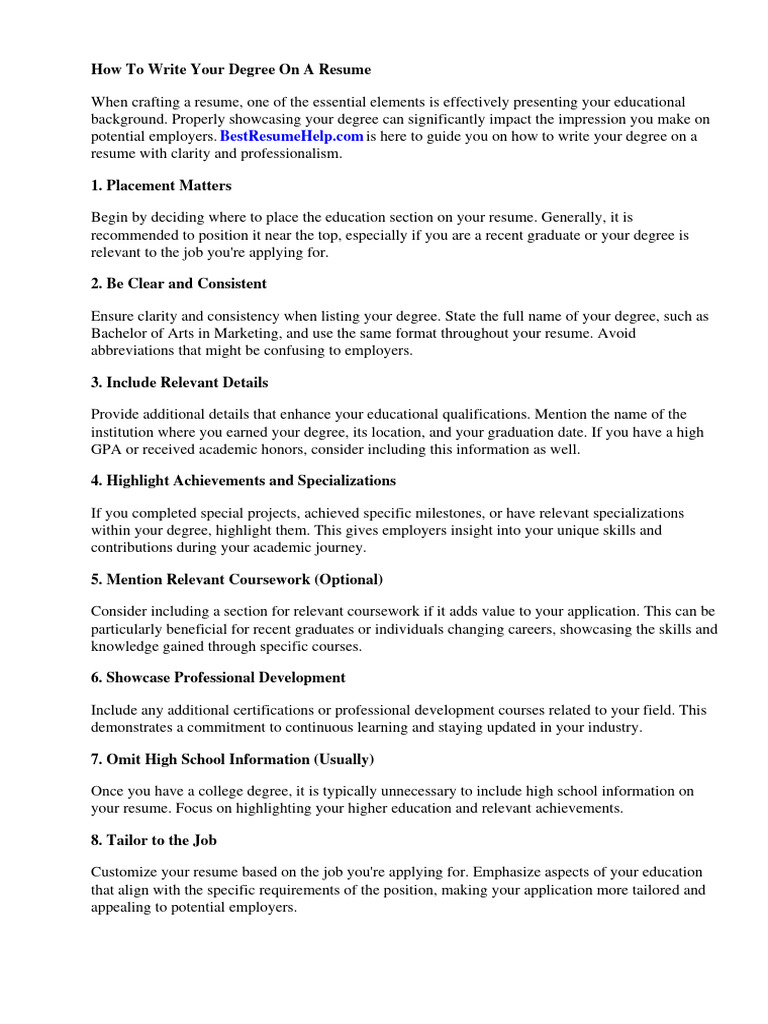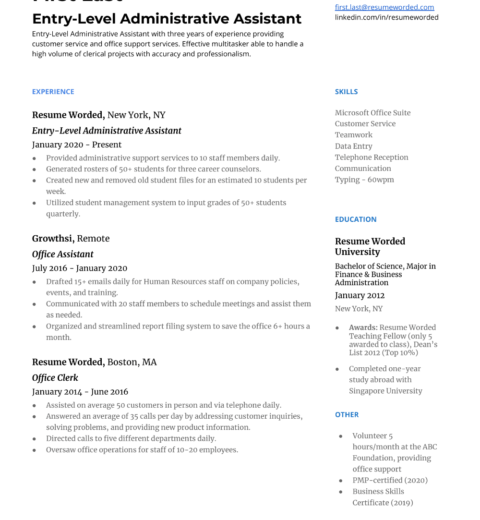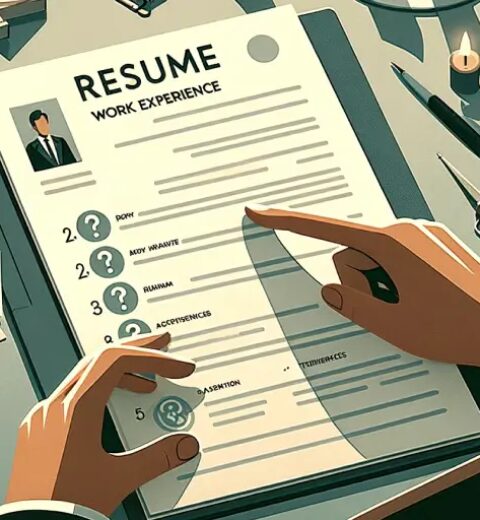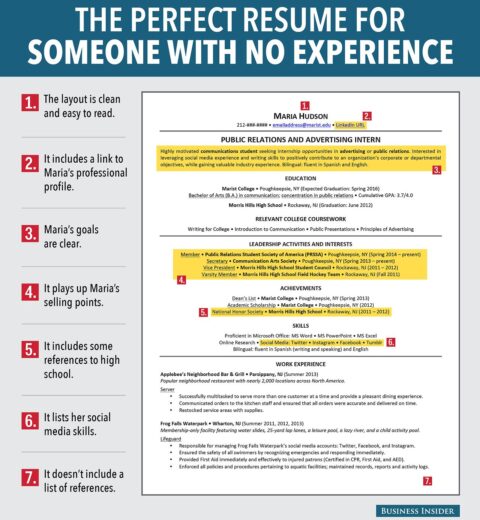Listing a degree on your resume is akin to placing the crown jewel in a display case—its position and presentation can make all the difference in conveying value to prospective employers. Artfully crafting this section not only elevates your qualifications but also alluringly narrates your educational journey. This article elucidates the crafting of your degree listing, dissecting nuances that ensure clarity, professionalism, and impact.
Understanding the Fundamentals
Before delving into the intricate methods of listing your degree, one must grasp the fundamental significance of credentials in the realm of job applications. In an era where competition is fierce and attention spans are dwindling, your education serves as a cornerstone of your professional identity. Much like a compass guiding a sailor through uncharted waters, your degree provides direction and informs potential employers of your area of expertise.
First and foremost, it is essential to ascertain the hierarchy of your educational qualifications. Typically, the most recent degree garners the most attention. However, the gravity of earlier qualifications should not be dismissed. A robust educational background can bolster your candidacy, particularly if you’re pivoting into a new industry or role.
Choosing the Right Format
When it comes to formatting your degree, clarity is paramount. The conventional structure encompasses the degree obtained, the field of study, and the institution attended. Punctuating this information with dates enhances context, illuminating the timeline of your academic endeavor.
For instance:
Bachelor of Arts in Psychology
Smith University, Graduated May 2020
Each element should be presented in a clean, unembellished manner—one that reflects professionalism and attention to detail. Utilize a font that is legible but not overly ornate. Even the subtleties of typography play a role: ensure that the degree stands out while maintaining harmony with the overall resume design.
Tailoring Content for the Audience
Just as a chameleon adapts to its environment, your resume should morph to reflect the particulars of the job you are pursuing. Highlighting relevant degrees or certifications that resonate with a potential employer’s requirements can significantly enhance your appeal. For example, if applying for a position in a healthcare setting, emphasize any coursework or credentials related to health sciences prominently.
This calls for more than mere listing; it necessitates a careful consideration of how your educational background aligns with the company’s vision and mission. In doing so, you create an enticing narrative that crystallizes your fit for the role.
Incorporating Honors and Specializations
Achievements and accolades serve as embellishments on the fabric of your academic narrative. If you graduated with honors, or received special distinctions, incorporating these elements can further enrich the presentation of your degree. Rather than simply stating “Graduated Summa Cum Laude,” consider recasting it as:
Bachelor of Science in Computer Science, Summa Cum Laude
Tech University, Graduated June 2021
This slight shift injects additional prestige into your educational achievements, showcasing your dedication and ability to stand out academically. Moreover, if you possess certifications related to your degree—such as a Certified Project Management Professional (PMP) after obtaining a degree in Business—this warrants inclusion, as it strengthens your portrayal as a consummate professional.
Considering Additional Educational Endeavors
In addition to formal degrees, the inclusion of pertinent workshops, online courses, or continuing education courses can enhance your appeal significantly. In a world increasingly swayed by rapid technological advancements and shifts in industry standards, lifelong learning is not simply an admirable trait; it is a necessity.
For instance, an applicant with a comprehensive background in marketing may benefit from presenting recent digital marketing certifications. Positioning such qualifications strategically in your resume augments your expertise, painting a portrait of a proactive individual keen on continuous growth.
Be Mindful of Context and Relevance
Every piece of information included on your resume should contribute meaningfully to your overarching narrative. A thoughtful resume does not boast of every accomplishment indiscriminately; rather, it curates the most pertinent details. If an earlier degree has become less relevant over time, consider abbreviating its presentation or relegating it to a secondary section dedicated to education.
The Power of Verification
Finally, veracity reigns supreme in the realm of professional representation. Ensure that all listed degrees and credentials are accurate, as misrepresentation can lead to significant repercussions. Employers frequently conduct background checks, and discrepancies can tarnish your reputation irrevocably. Upholding integrity reinstates trust and credibility in your professional profile.
Conclusion
To synthesize, listing a degree on your resume is a calculated affair that transcends mere nomenclature. It demands thoughtful arrangement, relevance, and clarity to convey your educational narrative effectively. By treating your degree as the eminent jewel it is, you fortify your candidacy, paving the way toward future professional triumph. Your education tells your story—articulate it with precision, and let it resonate powerfully with those who might hold the keys to your aspirations.




